The Legal and Ethical Framework within Health and Social Care Work
VerifiedAdded on 2023/06/17
|6
|728
|474
Essay
AI Summary
This essay delves into the intricate relationship between ethics and legislation within the health and social care sector, emphasizing their combined influence on practitioners' conduct. It highlights how laws, as codified norms, and ethics, as internal guiding principles, work together to protect public health, welfare, and safety. The essay illustrates that while laws often embody ethical principles, they are not entirely coextensive, with ethics sometimes setting a higher behavioral standard. It further explores the interplay between legal regulations and ethical considerations, showing how legislation regulates ethical activities, protects human rights, and defines the relationship between practitioners and service users, emphasizing the importance of practitioners understanding and adhering to core values and respecting basic human rights.
1 out of 6
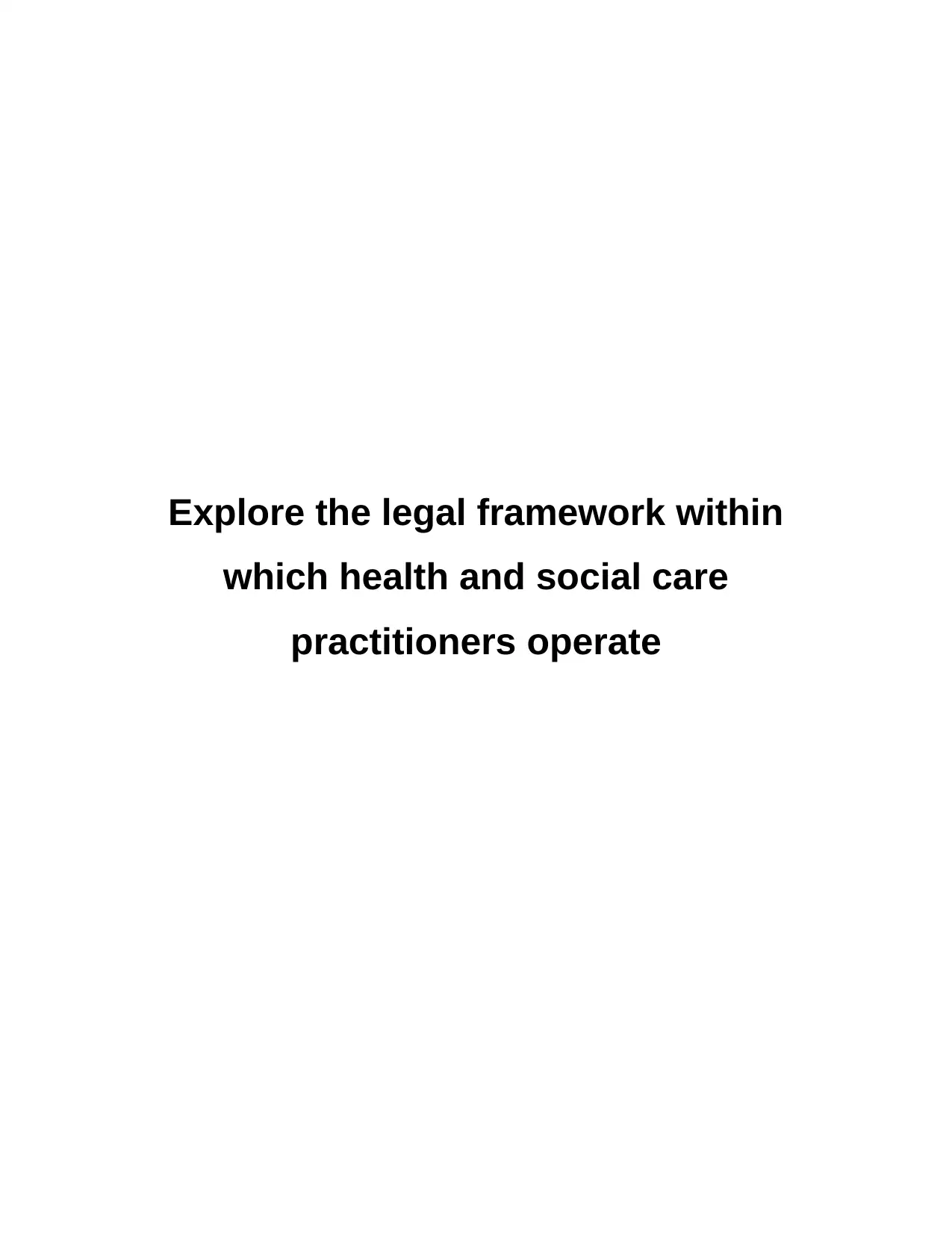
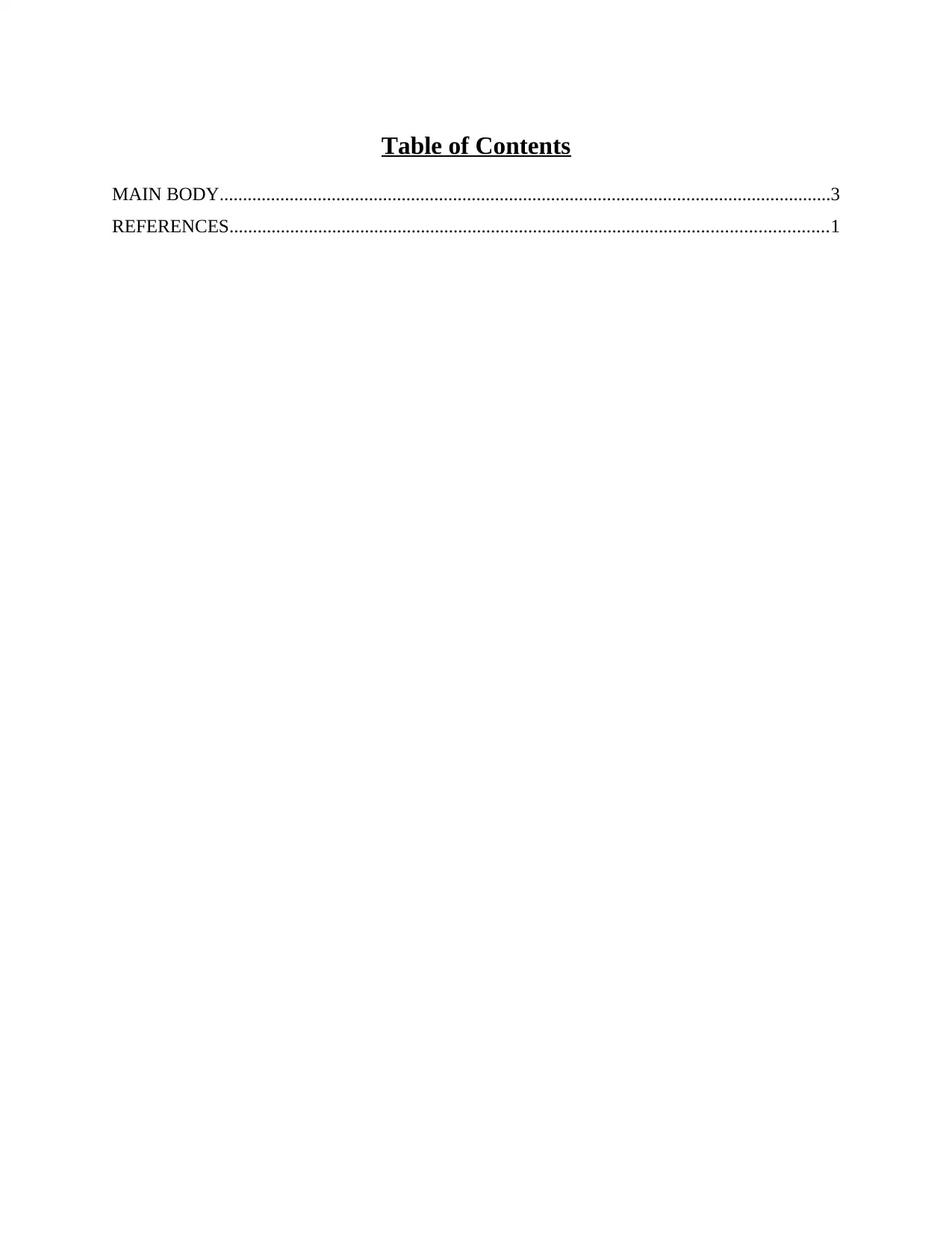
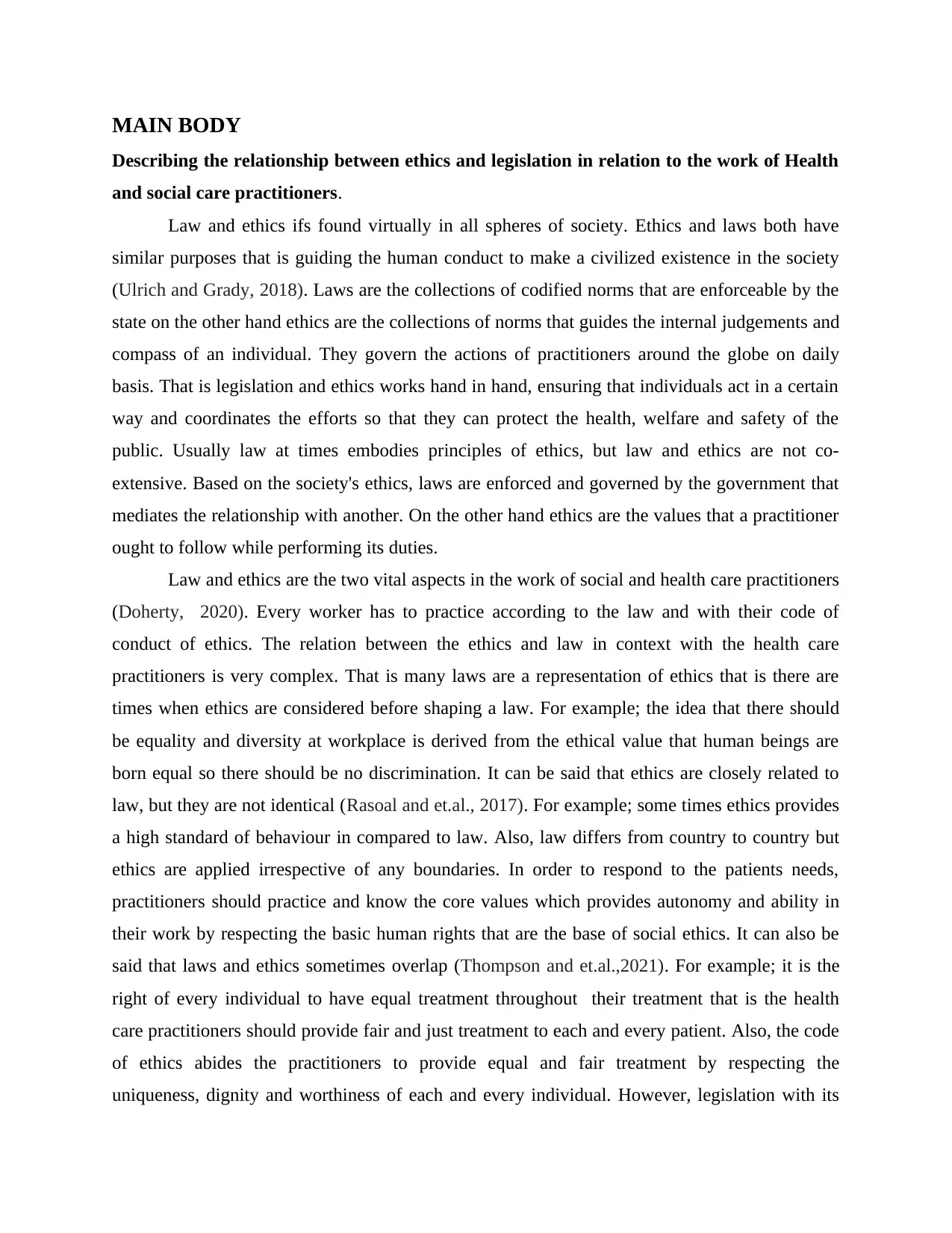

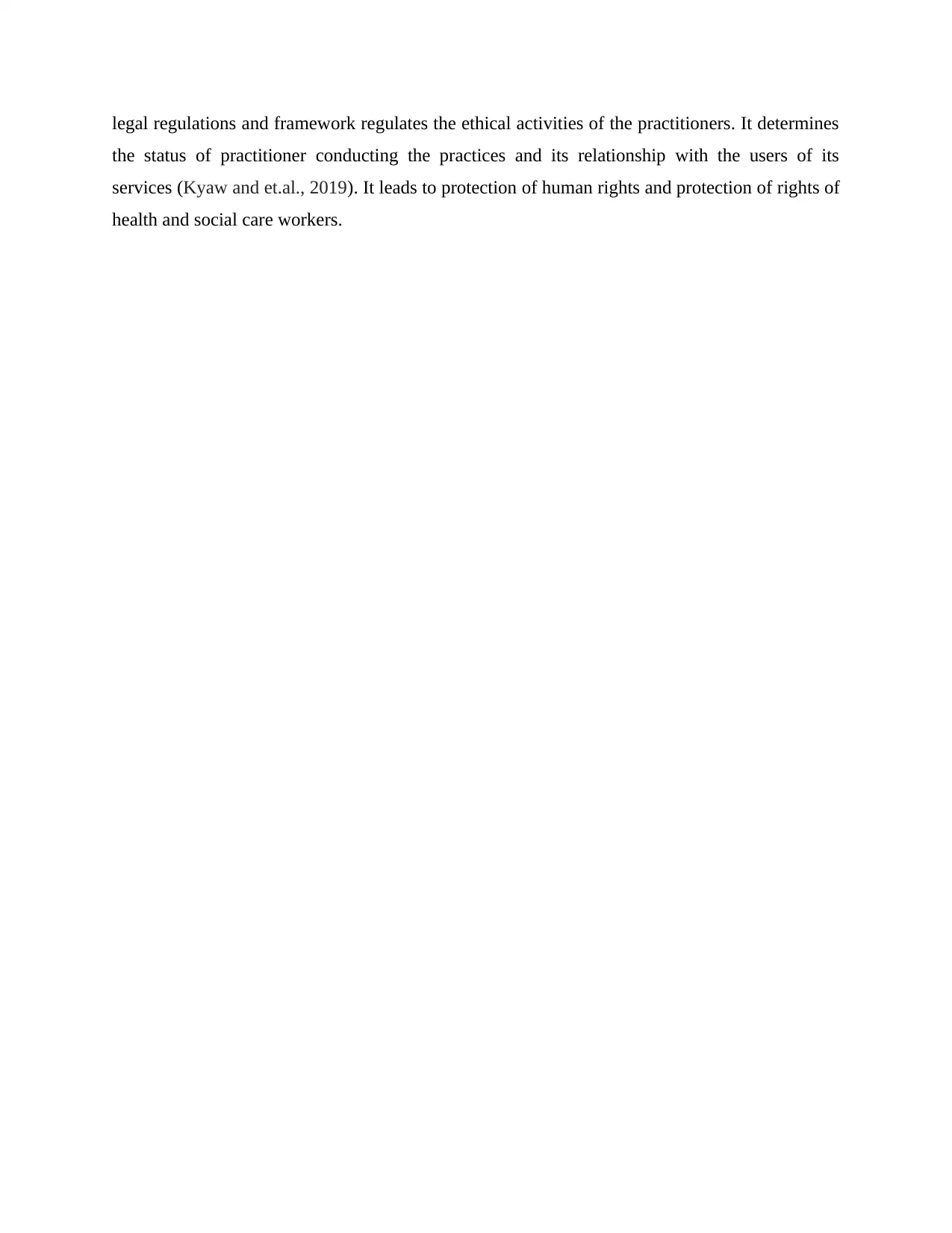
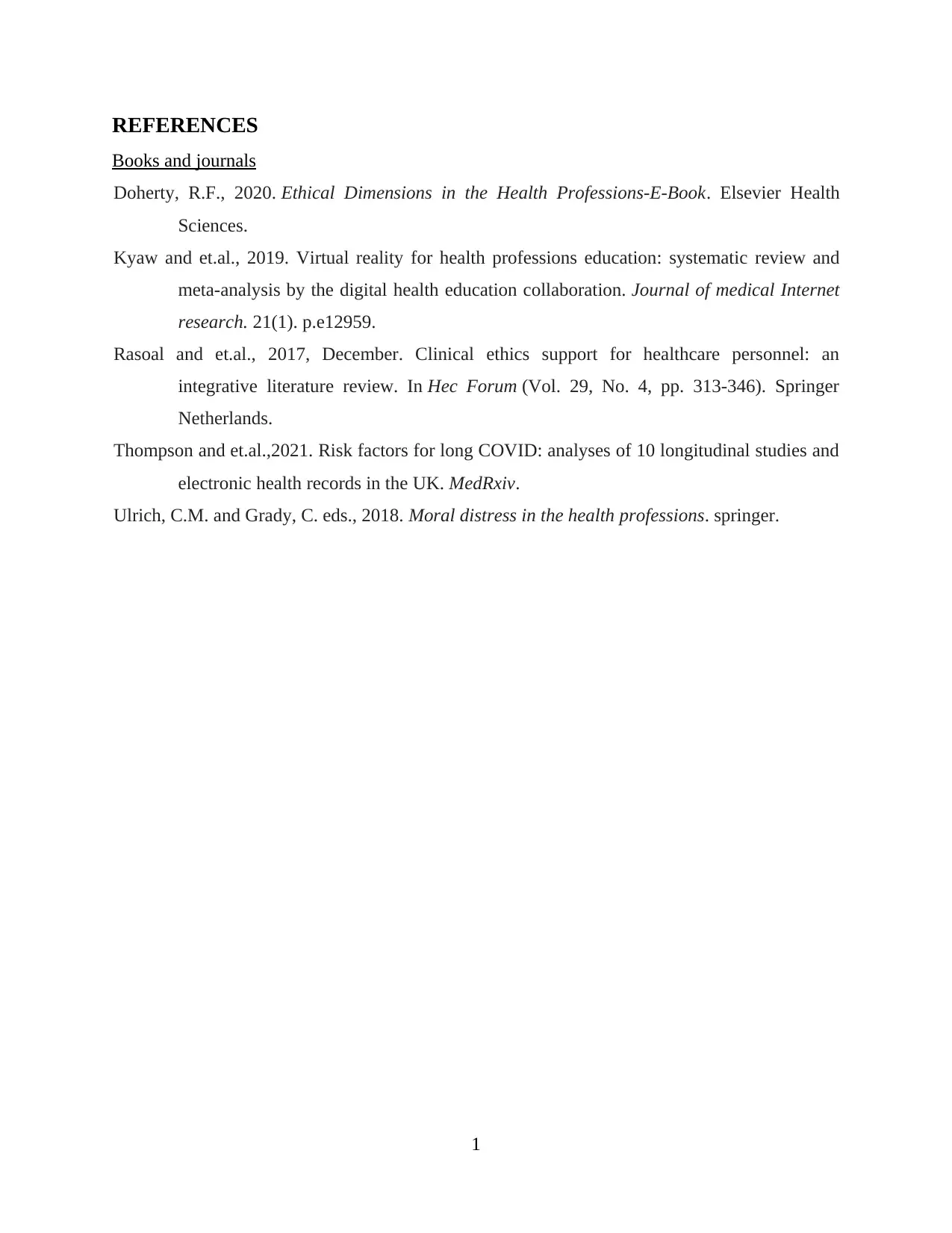







![[object Object]](/_next/static/media/star-bottom.7253800d.svg)